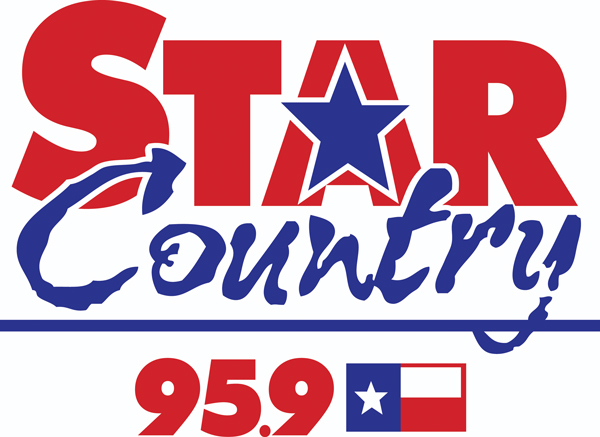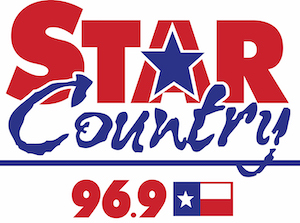Cyber Monday: Online safety tips from a cybersecurity expert

(Sun-Sentinel)
This year, Cyber Monday is expected to be the most massive online shopping day ever with $6.6 billion in sales, which means it’s more important than ever to safeguard your online data.
While you’re busy thinking about holiday deals, cyber crooks will be working overtime to get their grimy hands on your sensitive personal information so they can steal your identity.
They skim credit card numbers, open credit cards in your name, get loans or even file for unemployment assistance programs.
In the first 21 days of November, consumers have spent $28.6 billion shopping online, up nearly 18 percent over last year, according to Adobe Digital Insights.
Since shopping online has become a way of life, it’s important to stay vigilant about internet security, says Dr. Yair Levy, professor of cybersecurity and information systems at Nova Southeastern University’s College of Engineering and Computing.
Don’t be greedy and expect to get something for nothing or super cheap. Trusted sites give you excellent discounts. They don’t give you the goods for free. There is no free lunch online, but there is free shipping.
Q. Do I need to protect myself when shopping in stores?
A. Yes. Credit card fraud is big business, costing billions each year. We all collectively pay for cheating. Ensure you have a card with a chip in it. The e-chip generates a unique code for each transaction when inserted into a particular reader at the register. All retailers were expected to install these by October. It’s a much more secure system.
If someone skims your credit card number, or criminals somehow steal your digits, they won’t be able to make phony credit cards to use in stores. Some retailers have not installed the e-chip readers yet, so while we are in transition, know where your card is at all times.
In restaurants, I walk over to the station with the waiter and watch while they scan the card, and then I take the card when they finish the transaction. I never let my credit cards out of my sight. Neither should you.
Q. What’s your best top cybersecurity tip?
A. Don’t use free Wi-Fi on your mobile device. Use your data plan. You can’t afford to be cheap when it comes to online security. You’ll eventually get bitten by fraudsters. Cybercrooks name their network something familiar, like Fort Lauderdale Airport, and then get you to connect as a guest so they can see into your device. They add malware to your device and then when you shop or log into your bank account, they record your sensitive personal information and passwords.
Q. How do criminals get a credit card and personal information?
A. Mainly through phishing scams. These are bogus electronic communications masquerading as trustworthy retailers like Amazon, Wal-Mart, and others by offering huge discounts. Never, ever click on links provided in an email to make a purchase. Instead, go to the site independently to verify the offer or coupon code first and only then log into your account. If the deal seems too good to be true, be suspicious. It likely is.
Q. Your top tip for to stay safe online?
A. Dedicate one credit card for online purchases only because it’s at a higher risk of being compromised. Use a second credit card to pay bills, buy gas, groceries, etc. If someone compromises your card, it’s easy to cancel the account. There is no bulletproof solution. However, the two-credit card system is more secure. If someone compromises your card for online purchases, report it to the company and get a new card. No big deal.
Q. What’s the first thing I should do when making an online purchase?
A. Verify a secured connection by looking for a little padlock in the browser address bar. If you don’t see that, verify an encrypted connection, or Hyper Text Transfer Protocol Secured (HTTPS), by making sure the Web address starts with “https://” (the “s” stands for secured). Think of it this way: HTTP is like a postcard. Anyone can read it when you transmit. HTTPS is like putting the letter in an envelope.
Q. Where can consumers learn more about internet safety?
A. The Department of Homeland Security offers useful and practical information at StopThinkConnect.org. Another excellent resource is the National Cyber Security Alliance at StaySafeOnline.org. Also, If you are a victim of cybercrime, or get suspicious phishing emails, report them to the FBI Internet Crime Complaint Center at IC3.gov. The site posts alert on data breaches and emerging internet crime schemes.
Connect with me: “Like” Doreen’s Deals on Facebook; follow Doreen Christensen on Twitter, Facebook, and GooglePlus; sign up for my Freebie Friday Newsletter.








 EastTexasRadio.com Powered by Ten Stations
EastTexasRadio.com Powered by Ten Stations




